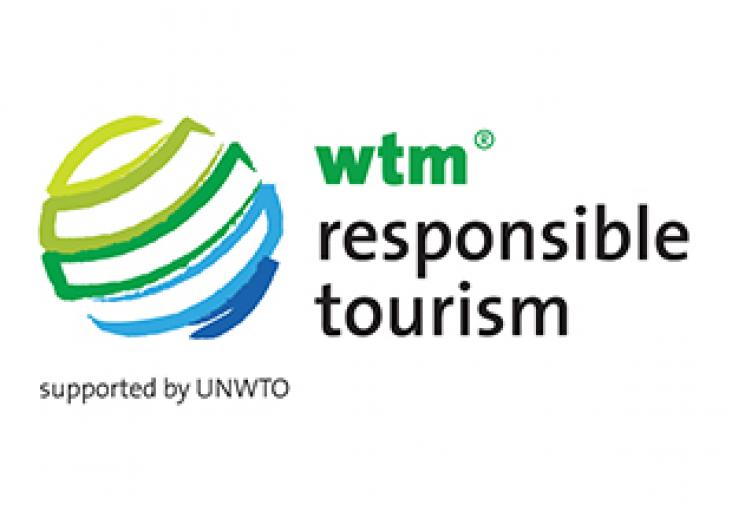Increasing accessibility of coral reefs from the latter third of the 20th century led quickly to recognition of the vulnerability of coral reef communities to a combination of direct and indirect huma
Microplastics pollution in aquatic ecosystems has aroused increasing global concern, leading to an explosive growth of studies regarding microplastics published in the past few years.

To celebrate 2017 as the International Year of Sustainable Tourism for Development, World Travel Market London is focusing World Responsible Tourism Day – including the WTM Responsible Tourism Awards – on the UN Sustainable Development Goals.
The awards categories are centred on the UN’s Sustainable Tourism Goals, with a focus on businesses, destinations and organisation which can clearly demonstrate their contribution to sustainable development
This paper focuses on the effects of marine pollution in fish within the the greatest depth zones of the Pacific Ocean.

Supporting Goal 14: Life Below Water and advancing Target 14.a: to increase scientific knowledge, develop research capacity and transfer marine technology, OI China helps organisations to improve their strategies for measuring, developing, protecting and operating in the world’s oceans.
A policy and research agenda has emerged in recent years to understand the interconnected risks natural resource systems face and drive.

This study reports plastic debris pollution in the deep-sea based on the information from a recently developed database.
Small-scale fisheries (SSFs) constitute a critical socioeconomic sector by providing a source of income and animal protein for fishing communities worldwide.
Bruce H. Lipshutz is currently a professor of chemistry at the University of California, Santa Barbara.
This viewpoint emphasizes gendered perspectives and reflects on gender roles for sustainability-focused governance.
